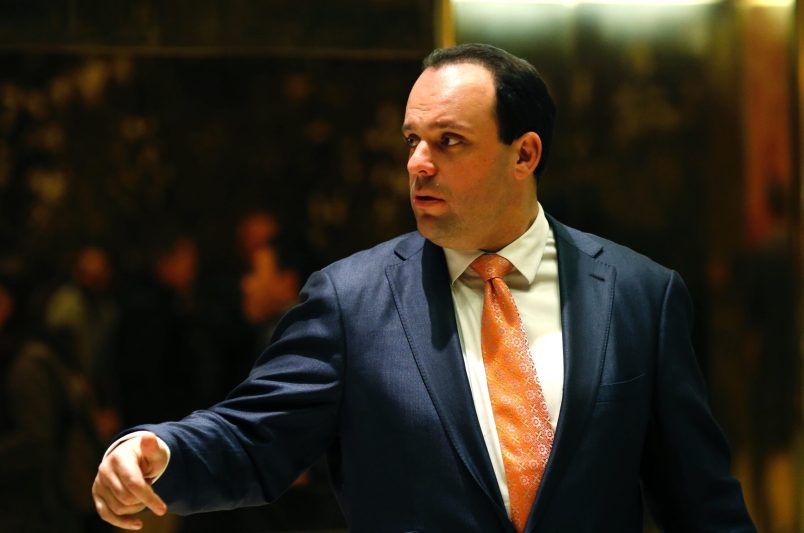There is a rush of commentary in the wake of the Newsweek flap about the use of anonymous sources in reporting.
If I remember right (from when he edited some of my articles), my friend Jack Shafer is very big on pushing much harder than we sometimes do to get people to go on the record with what they tell us as reporters. And that’s certainly a good idea, at least in the abstract and as a general matter. It makes people be more accountable. It gives readers a more precise sense of the reputability and credibility of the sources of information they’re relying on. And it’s certainly good practice when it comes to using the veil of anonymity to shield sources who are providing little more than snide comment or petty digs.
But make no mistake about it: were it not for the use of unnamed sources, we would know virtually none of what we currently know about the inner workings of our government. The same goes for almost any powerful institution in our society. And, as you might imagine, that’s a result some find quite attractive.
I doubt very much that any working journalist with experience covering politics, government or national security issues — particularly one doing anything remotely like investigative journalism — would dispute that assertion.
What you would have would be news produced by press secretaries and the powerful, with the occasional addition of snippets from folks happy to lose their jobs to make a given story see the light of day.
Can anonymous sources spread lies or misinformation without having to answer for it to the public they deceive? Of course they can. But that’s what makes a good journalist such a good thing and a bad one such a disaster. Society needs journalists as a conduit of information. That makes the use of anonymous sources essential — often, in fact particularly, on those stories which have the greatest public consequences. And it is the work of journalists to evaluate the credibility of those sources and what they say before bringing them to public light.
That almost always means independently verifying what you’ve been told. But sometimes that’s simply not possible. On a particularly sensitive issue, you’ll try to get multiple sources confirming the same point. But any experienced journalist knows that it’s often easy to get half a dozen people to confirm something they probably have no way of knowing is true. That’s one of many reasons why the so-called ‘two source’ rule isn’t nearly as clear a guide to action as its sometimes portrayed as being.
The simple fact is that a lot of it simply comes down to the experience and good judgment of the journalist, knowing a certain source is knowledgable, evaluating the agendas of their sources, thinking through alternative scenarios that could explain the facts they’re seeing. Like I said, that’s what makes a rock-solid journalist a great thing and a great asset to society.
The simple fact is that there’d be no ‘news’ without anonymous sources. Those who want to make the use of such sources illegitimate are, almost without exception, the leaders or officers of powerful institutions (particularly those in government like Scott McClellan and Larry Di Rita) who want to control information and keep it out of the hands of the public.
Late Update: It probably goes without saying. But in each case above when I refer to the ‘journalist’ this almost always means the journalist working in some degree of collaboration with an editor.






